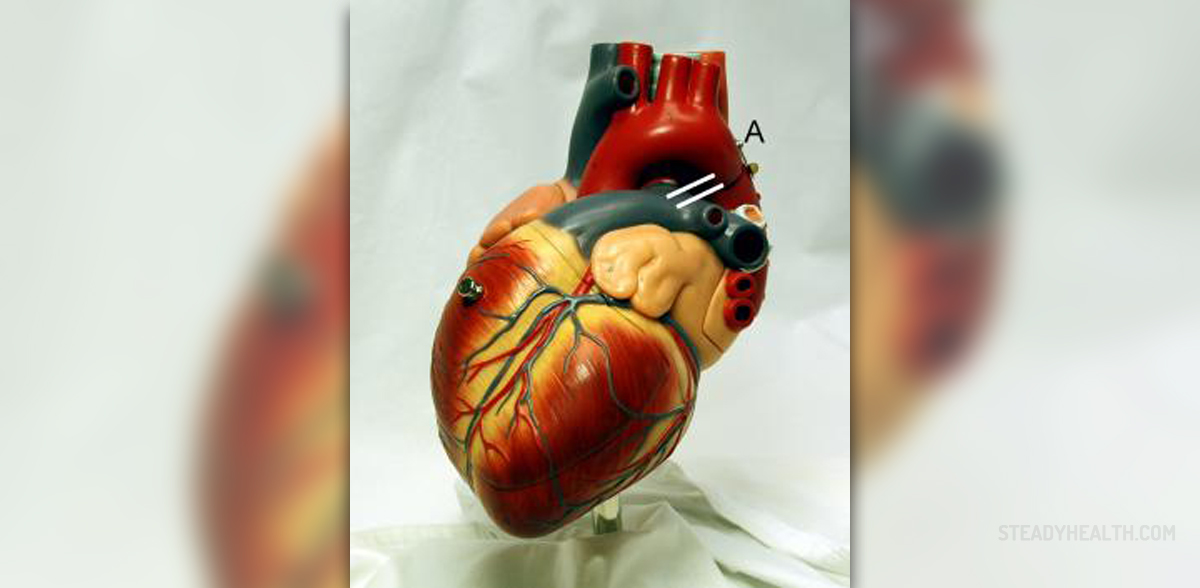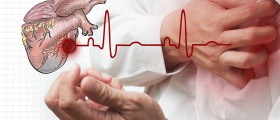
What is heart disease?
The heart is one of the most important organs in the human body. It is a crucial part of the circulatory system, along with the blood vessels and blood. Since the main role of the heart is to pump blood rich in oxygen and nutrients through the blood vessels to the different parts of the body, and since you cannot live without a heart, it is vital to maintain a healthy heart. However, since our body is very sensitive and susceptible to many disorders and diseases, the heart can also be affected due to many reasons.
When the heart is not healthy, it is very serious and many heart diseases are unfortunately life-threatening and fatal. Heart disease is the general term for all diseases and disorders that affect the heart and blood vessels, such as heart attack, stroke, coronary artery disease, and congenital or present at birth heart defects, as well as arrhythmia, angina and cardiomyopathy.
Some heart diseases are congenital — in this case, people are born with physical abnormalities to the heart or related structures. Heart diseases like hypertension may also run in families, being genetic in nature. In many cases, however, the primary cause of heart disease is lifestyle-related. Living a heart healthy lifestyle in which you exercise regularly, eat well, and do not smoke or drink alcohol excessively, will go a long way toward preventing the types of heart disease that are caused by unhealthy habits.
Heart disease affects the body in several ways
As mentioned above, the circulatory system, which is also called the cardiovascular system, has the role of supplying the body's cells and tissues with oxygen and nutrients, and therefore, having a healthy circulatory system is vital for your survival. When certain heart diseases or circulatory system malfunction occur, it can lead to severe problems with the body’s metabolism.
The most common heart disease is coronary artery disease (medically called arteriosclerosis) and it is a condition in which plaque buildup forms in the walls of the arteries. Due to this plaque, the blood vessels become narrow and the blood flow may be blocked consequently. Due to that, the blood cannot reach the brain as fast as it should, and a stroke may occur. On the other hand, heart attack may occur if the blood vessels in the heart are too narrowed by the plaque.
When the blood vessels are blocked in the kidneys, it can lead to renal hypertension and to kidney failure eventually, if no treatment is given. Furthermore, peripheral vascular disease, which is the blockage of the arteries in the arms and legs, may cause their immobility. If this condition is not treated, it further causes disability, ulceration, gangrene and in some severe cases, it even leads to amputation.
Those women with congenital heart disease are at high risk if they get pregnant because their own death or their baby’s death can occur during pregnancy. Since heart disease affects the overall health of the body, it is important to avoid certain things that can cause it, such as consuming cigarettes and alcohol, as well as hypertension, obesity, high cholesterol levels and physical inactivity.

















Your thoughts on this
Loading...